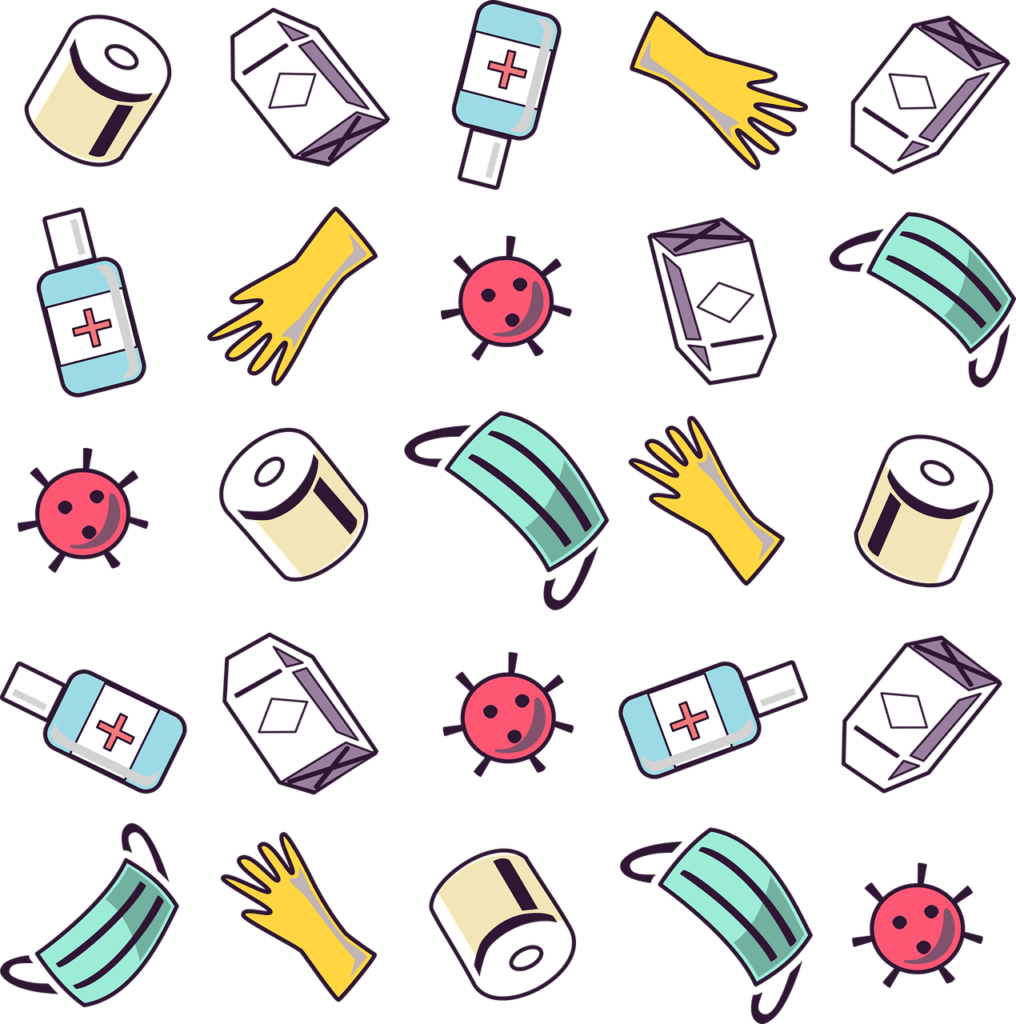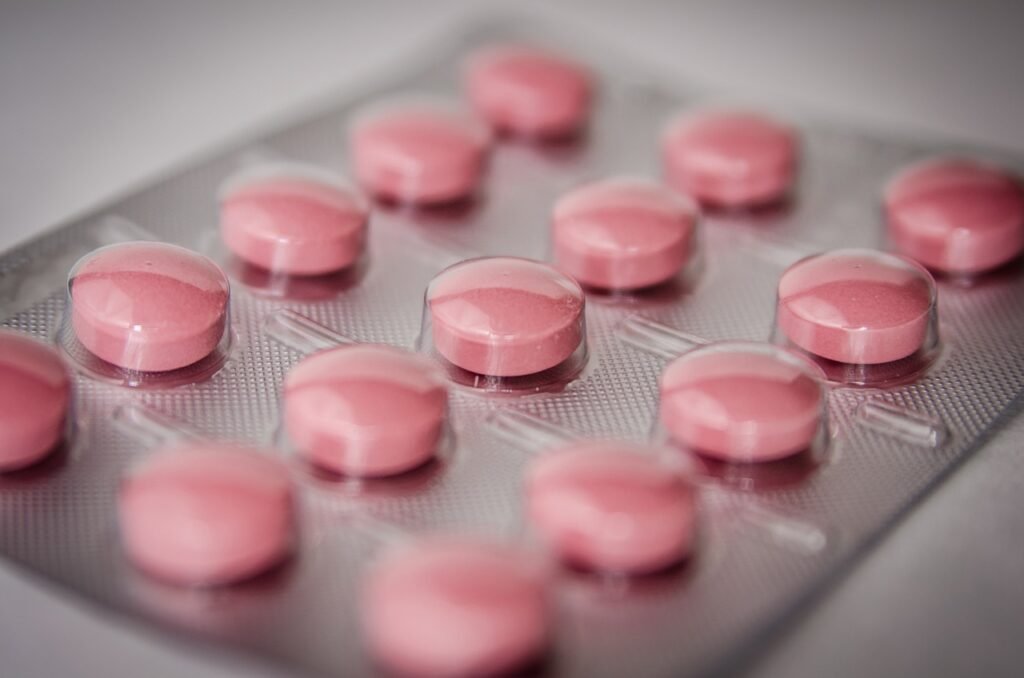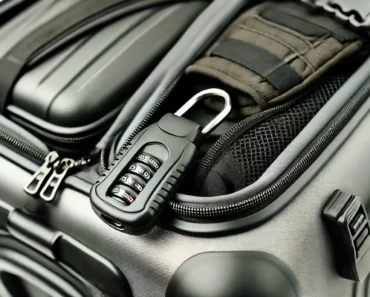Have you ever found yourself in a new country and wondered how you’d handle a medical emergency? Traveling abroad can be an exhilarating experience, but it also comes with the uncertainty of navigating new healthcare systems. As someone who loves to explore new places, I’ve learned how important it is to be prepared when it comes to medical care. In this article, I’ll share my tips on how to find reliable medical care when traveling abroad, so you can enjoy your adventures with peace of mind.

This image is property of pixabay.com.
Research Before You Go
Check Your Health Insurance
Before embarking on any international trip, I always make it a priority to review my health insurance policy. Some health insurance plans offer international coverage, while others don’t. It’s essential to know what your policy includes and whether you need to purchase additional travel health insurance.
Insurance Checklist:
| Coverage Type | Questions to Ask |
|---|---|
| International Coverage | Does my plan cover medical expenses abroad? |
| Emergency Evacuation | Am I covered for emergency evacuation and repatriation? |
| Pre-existing Conditions | Does my policy cover pre-existing medical conditions? |
| Prescription Medications | Will my insurance cover the cost of prescription medications I need while traveling? |
Learn About the Local Healthcare System
Every country has its own healthcare system, and understanding the basics can save you time and stress. I usually start by researching whether I’ll have access to public healthcare services or if I’ll need to rely on private clinics. Websites like the World Health Organization (WHO) and the U.S. Department of State often provide useful information about healthcare in different countries.
Find Hospitals and Clinics in Advance
I always like to identify reputable hospitals and clinics near my destination before I leave. Look for facilities that are known to provide care to international travelers. It’s also helpful to know if there are any specific hospitals that specialize in treating certain conditions or emergencies.
Prepare for Your Trip
Pack a Travel Health Kit
Packing a travel health kit is a small yet essential step. I usually include basic first-aid supplies, any prescription medications I need, and a few over-the-counter remedies for common ailments like headaches or upset stomachs.
Travel Health Kit Essentials:
| Item | Purpose |
|---|---|
| Prescription Medications | To manage existing health conditions |
| Basic First-Aid Supplies | Band-aids, antiseptic wipes, gauze, and adhesive tape |
| Over-the-Counter Medications | Pain relievers, antacids, anti-diarrheal medicines |
| Insect Repellent and Sunscreen | To protect against insect bites and sun exposure |
| Hand Sanitizer and Disposable Masks | For hygiene and protection against illness |
Get Vaccinated
Before traveling, I always check if any vaccinations are recommended or required for my destination. The Centers for Disease Control and Prevention (CDC) provides up-to-date information on travel vaccines. It’s wise to get vaccinated well in advance, as some vaccines require multiple doses over a period of time.
Carry Important Documents
Having copies of important documents can be a lifesaver in an emergency. I always carry a copy of my passport, health insurance card, and a list of my medications and allergies. Additionally, having contact information for my primary care physician back home can be beneficial.
Know What to Do in an Emergency
Emergency Contact Numbers
Every country has its own emergency contact numbers, similar to 911 in the United States. I make a habit of learning the local emergency numbers and saving them in my phone for quick access.
Language Barriers
Dealing with a medical emergency can be stressful, and language barriers can add an extra layer of difficulty. I usually prepare a small travel phrasebook with key medical phrases in the local language. Apps like Google Translate can also be quite handy in these situations.
Accessing Medical Care Abroad
Public vs. Private Healthcare
Understanding the differences between public and private healthcare systems in your destination country can help you make informed decisions. Public healthcare is usually more affordable but may have longer waiting times. On the other hand, private clinics often provide quicker and more personalized care but can be more expensive.
Digital Health Platforms
In this technological age, accessing medical care abroad can be as simple as using a smartphone. I often use digital health platforms or telemedicine services to consult with medical professionals remotely. This can be especially useful for minor ailments or when I need advice on whether to seek in-person care.
International Clinics
International clinics that cater specifically to expatriates and travelers are usually equipped to handle a variety of medical needs and staff who speak multiple languages. I’ve found that these clinics often provide a higher level of comfort and familiarity compared to local healthcare facilities.

This image is property of pixabay.com.
Travel Health Insurance
Types of Travel Health Insurance
Travel health insurance can vary widely in terms of coverage and cost. It’s crucial to choose a plan that matches your needs.
Types of Travel Health Insurance:
| Type | Features |
|---|---|
| Comprehensive Coverage | Covers a wide range of medical scenarios and often includes trip cancellation |
| Emergency Medical | Focuses specifically on medical emergencies and evacuation |
| Evacuation Insurance | Primarily covers costs associated with emergency evacuation and repatriation |
How to Choose the Right Plan
Selecting the right travel health insurance involves assessing your individual needs and the nature of your trip. Consider factors like your destination, the length of your stay, any adventurous activities you plan to undertake, and your overall health.
Understanding Your Policy
Before purchasing a travel health insurance policy, I always read the fine print. It’s essential to understand what is covered, what isn’t, and any limitations that might apply. Don’t hesitate to contact the insurance provider with any questions or concerns about your policy.
Dealing with Medical Emergencies
Getting to a Medical Facility
In an emergency, the quickest way to access medical care is often by calling the local emergency number. If the situation is less critical, a taxi or ride-sharing service may be a faster option than public transportation.
Communicating with Healthcare Providers
Clear communication with healthcare providers is critical, especially when dealing with a medical emergency in a foreign country. I always try to use simple, clear language and repeat back what I understand to confirm. Having a translated list of medical conditions, symptoms, and medications can be extremely helpful.
Payment Options
Healthcare payment systems can vary greatly from one country to another. It’s a good idea to carry a credit or debit card that works internationally. Some facilities might require payment upfront, while others may bill your insurance directly. Always ask for and keep receipts for any medical services, as these will be necessary for insurance claims later.

This image is property of pixabay.com.
Aftercare and Follow-up
Keeping Records
After receiving medical treatment abroad, I make sure to keep detailed records of my diagnosis, treatments, and prescriptions. This information can be vital for follow-up care once I’m back home.
Follow-Up Care
Sometimes, medical issues require follow-up care even after the trip has ended. I usually schedule a visit with my primary care doctor to discuss any ongoing treatment needs and to ensure that my medical records are updated.
Reimbursement Process
Filing an insurance claim for medical expenses incurred abroad can be a bit complex, but it’s essential. I gather all necessary documentation, including receipts, medical reports, and the insurance claim form, and then submit them to my insurance provider as soon as possible. Keeping copies of everything for my records is always a good idea.
My experiences have taught me the importance of being prepared for medical emergencies when traveling abroad. By taking these steps, I feel more confident and secure while enjoying my travels. Whether you’re setting off on a short holiday or an extended journey, having a plan for accessing reliable medical care can make all the difference.





